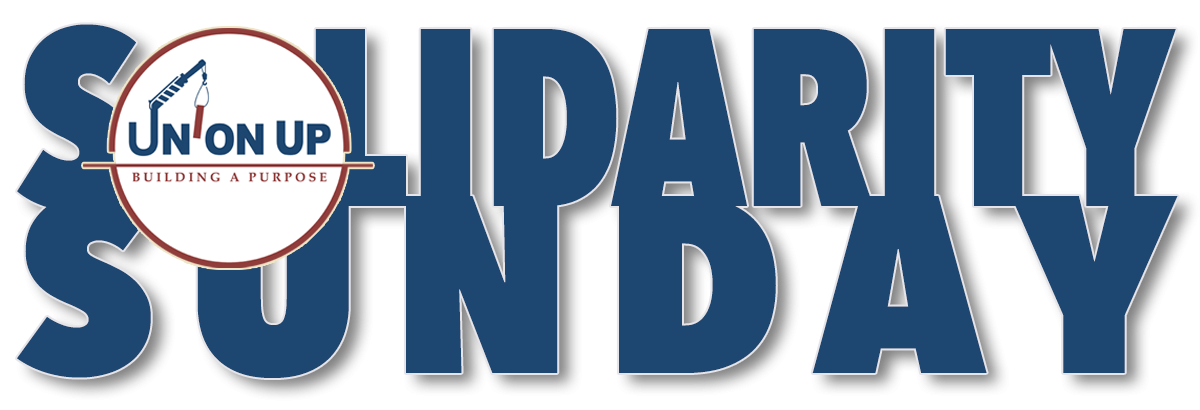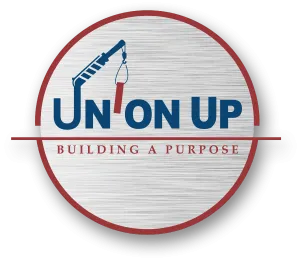
Solidarity Sunday: The Best of Times, the Worst of Times
Our Local Union is about to host our annual "Kid's Christmas" event where union members bring their family, have their picture taken with Santa Claus, and pick out a gift. It's always fun to see the kids with smiles on their faces and adoring parents with the light of the holidays in their eyes.
Conversely, it's also the time of year when we have members stand up at union meetings and talk about the importance of mental health and the problem of depression during the holidays.
The best of times. The worst of times.
There is certainly good reason to bring attention to this. Construction has the 2nd highest suicide rate by occupation (next to mining).
But what can we really do about it? None of us are trained to deal with someone who is on the brink of a decision that final. We talk about helping but we don't know where to start.
Perhaps the best place to start is by dispelling the myths and dealing in the truth:
Suicide rates are higher during the holidays: Not true. In fact, according to the CDC and the Annenberg Public Policy Center, holiday months of November and December are actually the lowest 2 months for suicide. The highest months for suicide are actually the summer months.
The Takeaway: Being aware of the signs is not just a holiday thing, it's a year-round thing.
Depression runs in the family: Not necessarily. According to Stanford University 50% of cases are linked to family history. Which means there are just as many cases of depression not related to family history.
The Takeaway: We are not condemned by our history. There is hope and there is help regardless of your family lineage.
Hard work beats depression: Not really. Depression impacts nearly one in six people at some point in their lives, leading to an abundance of folk remedies and misconceptions about the condition. One common belief is that throwing yourself into your work can improve your mood. This helps with a mild case of the blues, but depression is a more complex issue.
The Takeaway: Excessive work can sometimes be a symptom of clinical depression, particularly in men.
You can't tell when someone is feeling suicidal: Not true. Even if they are not using suicidal language, there are signs you can look for: feeling angry, loss of interest in hobbies and pleasurable activities, fatigue, not being able to remember details, overeating or not wanting to eat at all, aches, pains, headaches, cramps, and the inability to meet daily responsibilities are all signs to look for.
Other risk factors for suicide are: securing lethal weapons (e.g. a firearm) or drugs (e.g. narcotics), being subjected to bullying or harassment, unemployment, divorce, financial problems, family history of suicide, previous suicide attempts, a traumatic event, severe illness, or suffering from abuse or neglect.
The Takeaway: We can help each other. If we are our brothers' and sisters' keeper, then it is incumbent on us to do our part. Talk to one another. Get to know each other. Make a connection.
Making a Connection
"Talkin' Trades" is a Union Up podcast and a resource available to you as a service from Union Up. We can produce a podcast that allows your members, contractors, and others of influence to see you as real. It's an excellent way to produce relevant, timely content that helps humanize your local union to the communities you serve.
Here is one example:
"Talkin' Trades Episode 19 - What does an Elevator Constructor do? And how can you get involved? It's a lucrative career and it might be just right for you. Get the straight scoop from Stewart Spencer, Business Manager for IUEC (International Union of Elevator Constructors) Local 32 in Atlanta. The future is about going to the top in this industry and Stewart and his team can get you there."


